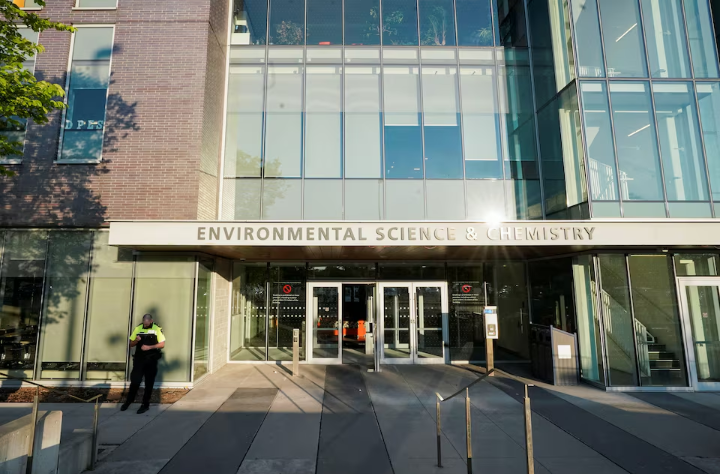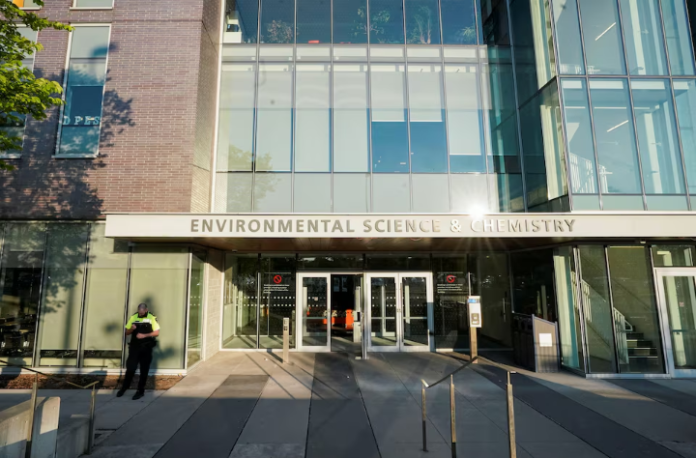In a surprising shift, Canadian universities are experiencing a surge in applications from U.S.-based students. The reason? Mounting concerns over academic freedom, student visa crackdowns, and severe funding cuts under the Trump administration have prompted many American students to look north for stability—and opportunity.
At the University of British Columbia’s (UBC) Vancouver campus, officials report a remarkable 27% increase in graduate applications from U.S. citizens for the 2025 academic year. This spike, recorded by March 1, represents a notable shift in where American students are choosing to pursue higher education.
UBC responded to the overwhelming interest by briefly reopening admissions for certain graduate programs this week, specifically for American applicants. The move is part of an effort to fast-track their acceptance process so more U.S. students can begin their studies in September.
Similarly, the University of Toronto—Canada’s largest university—reported a noticeable increase in applications from the U.S. by its January 2025 deadline. The University of Waterloo has also seen a significant uptick in American web traffic and a 15% rise in campus visits from U.S. students since September 2024.
What’s driving this exodus?
The Trump administration has recently frozen hundreds of millions in federal funding for U.S. universities, citing the institutions’ failure to combat antisemitism. The administration has also started deportation proceedings against foreign students involved in pro-Palestinian protests and revoked hundreds of student visas. These actions have sparked alarm across the academic community about the erosion of free speech and academic independence in the United States.
UBC’s provost, Gage Averill, directly linked the influx of American applicants to these developments. He pointed out growing concerns around the U.S. government’s surveillance of international students, including social media monitoring.
“It’s the visa crackdown, the canceled student permits, and now the government reading foreign students’ social media—it’s all driving students to look elsewhere,” said Averill.

Though undergraduate interest has only slightly increased—just 2%—UBC has seen a 20% jump in campus tour requests from U.S. students since Trump’s re-election. This suggests that undergraduate interest may continue to grow in the coming months.
Meanwhile, Canada is also facing its own challenges, having capped international student admissions for a second consecutive year. The immigration ministry has stated that schools must only admit as many students as they can reasonably support, particularly when it comes to housing.
Nonetheless, Canadian universities remain a beacon of hope for American students seeking educational continuity, academic freedom, and less political interference.
As universities across the U.S. grapple with political pressure and shrinking budgets, Canada is positioning itself as a stable alternative—and the growing application numbers reflect that.



